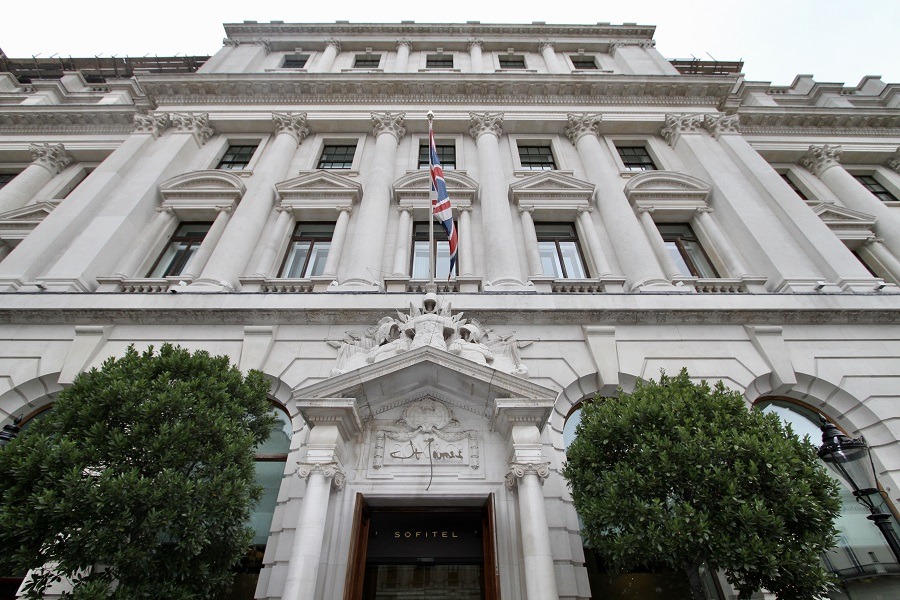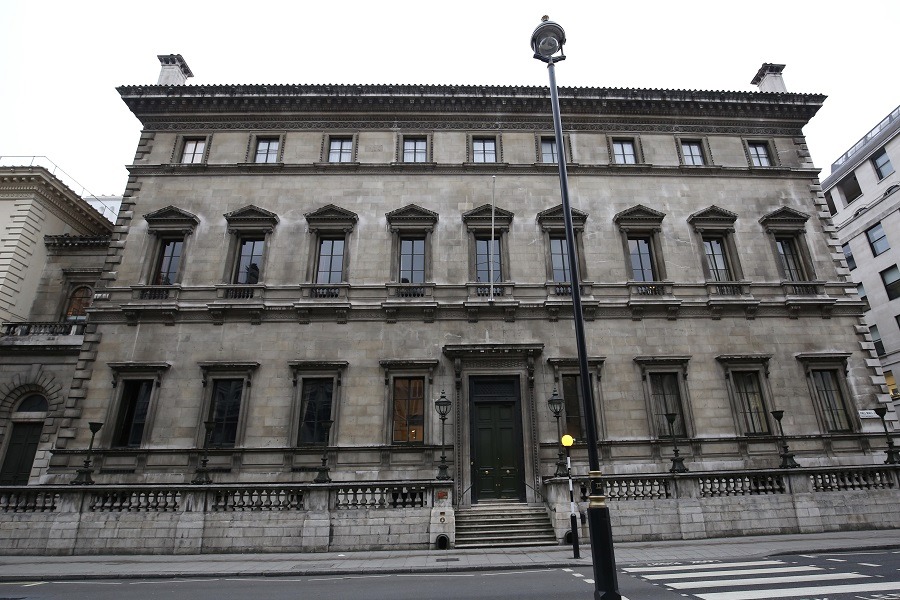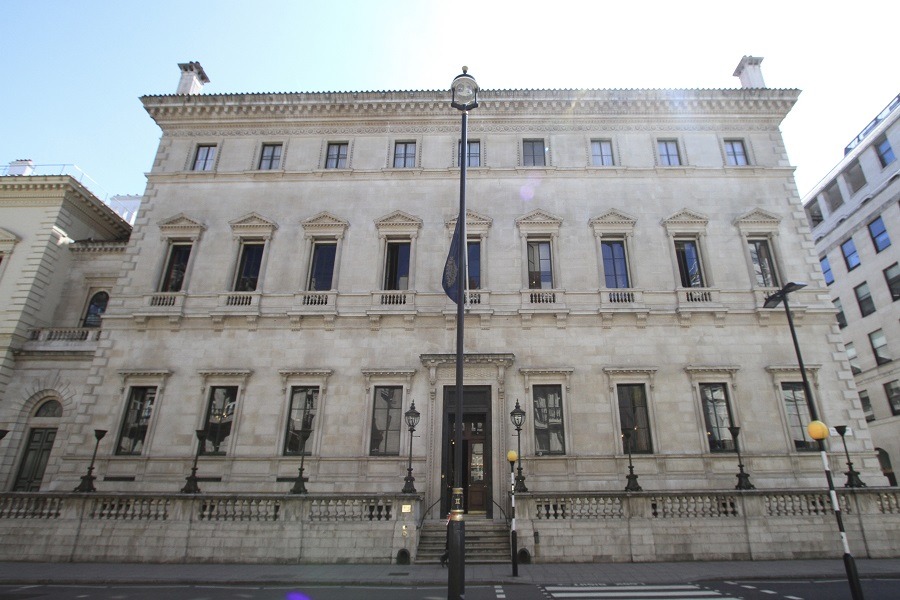Building confidence

Façades and the psychology of perception.
By Mark Styles
Mark Styles, the managing director of Thomann-Hanry® unpacks the psychological benefits of building cleaning and having a pristine façade – and how these considerations are amplified as the UK emerges from lockdown.
“Beauty is in the eye of the beholder.” It’s an old maxim, but its relevance to building maintenance has never been greater than now, as lockdown is eased and people start returning to our towns and cities. It’s a phrase that alludes to the psychology of perception – how we see the world around us is a singularly personal process. Depending on how each of us is wired, we all respond to our environment slightly differently. Perception is a potent thing – and astute property managers and owners have long leveraged its power to great effect.
First impressions matter and we all make countless instantaneous judgements every day of our lives. With our collective confidence in the world around us shaken by the effects of COVID-19 over recent months, everyone is subconsciously seeking reassurance in every aspect of their environment. And buildings can play a big part in this process. It’s always been true that a dirty and unkempt façade undermines confidence amongst workers and visitors to any building, regardless of age or sector.
“In the retail world, the packaging of any given product accounts for 33% of all purchasing decisions. For business owners, the “packaging” of their enterprise is the building itself – present this to its best advantage and you’ve already ensured that the all-important first impression is favourable.”
For hoteliers, retailers and restaurateurs battling to restore market share, it’s critically important that their premises inspire confidence. A grubby façade can betray years of perceived neglect. After all, if the operator cannot look after their premises – how well will they look after their clientele?
It’s a similar story with commercial buildings. A recurring theme reported by our clients over the years is a tangible uptick in staff morale and pride in their surroundings following a façade clean. As workers slowly return to their desks and a “new normal” in office life, every aspect of their working environment is critical. Regular and visible cleaning of internal areas offers quick wins in restoring staff confidence, but a clean façade offers deeper, longer-term benefits, profoundly improving the overall attitude towards a workplace or facility.
The psychology of on environmental perception has another important effect. In a vicious circle, environments perceived as dirty or uncared-for incubate a culture of neglect amongst their occupants. In a dirty environment, workers and visitors take less care in their surroundings, leading to further declines in cleanliness. Conversely, a clean, tidy workplace inspires pride and fosters a positive mindset towards the working environment – a pristine façade is a powerful tool in this battle to instil pride and a sense of ownership.
Better still, the process of building cleaning itself is a profound statement of intent on the part of business operators. In a matter of days, façade gommage® can yield transformational effects – not only on the appearance of a building but on the morale and buy-in of all who visit and work there. Moreover, as the process is carried out from a lorry-mounted hydraulic boom, it achieves a step-change in the appearance of the building – without scaffolding or any of its downsides.
A regular regime of periodic façade and building cleaning also helps identify structural issues sooner, enabling problems to be addressed earlier and remedied appropriately. So as well as inspiring confidence amongst all who visit and work in the building, a clean façade is far likelier to be a sound façade.
From a wider perspective, it is incumbent on property owners and managers to preserve the outward appearance of their buildings just as much as they maintain the interiors. The cumulative effect of poorly maintained facades on a business or residential district can be damaging not only financially but from environmental and societal perspectives.
In the end, it all comes back to psychology. To ensure that our buildings, streets and cities are places to which people want to return, we need to change perceptions. Instead of viewing façade cleaning as a problem – as a necessary evil – we should see it as an opportunity. An opportunity to reassure and inspire our people; to attract new customers and gain a commercial edge over our competitors.


